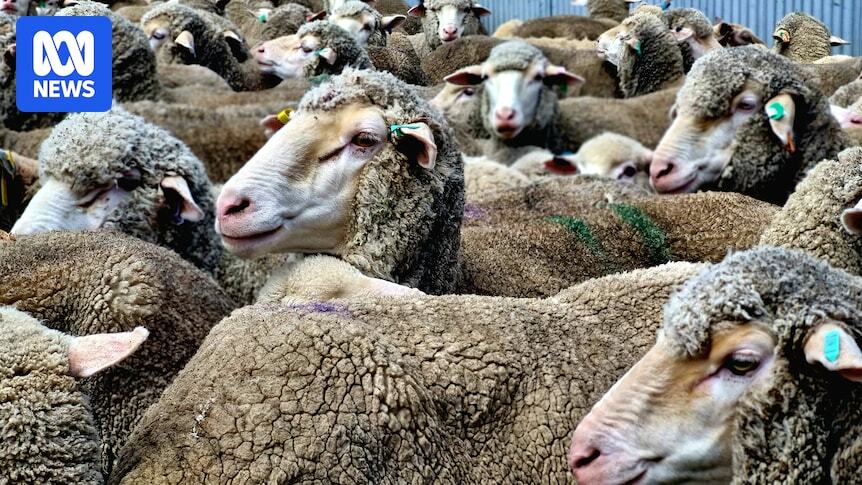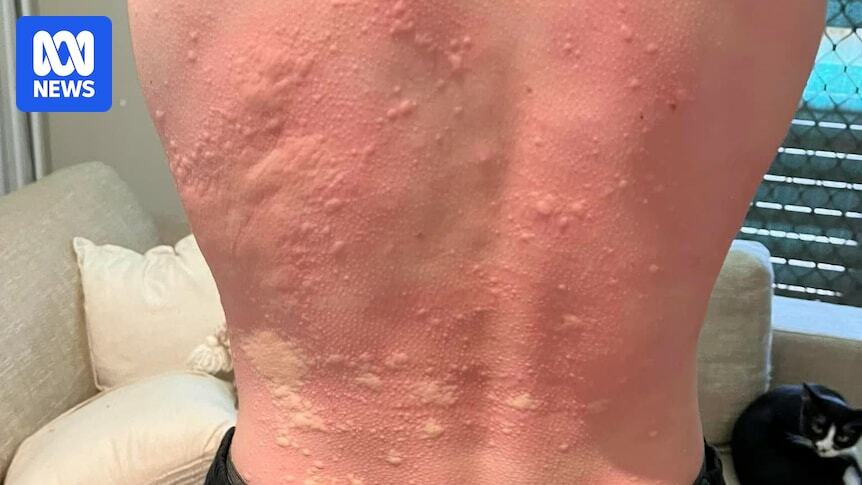So, I signed up for "alerts" from the #MaineDepartmentOfAgriculture, and they sent me an update about #BirdFlu here in #Maine. Oh boy... It's here.
SITUATIONAL REPORT: Highly Pathogenic Avian Influenza [#HPAI]
Date: Tuesday, February 11, 2025
Prepared by: Maine Department of Agriculture, Conservation and Forestry
Current Situation: The Maine Center for Disease Control and Prevention (Maine CDC), the Maine Department of Agriculture, Conservation and Forestry (#DACF), and the Maine Department of Inland Fisheries and Wildlife (#MDIFW) are urging agricultural stakeholders to take precautions following recent confirmations of highly pathogenic avian influenza (HPAI) in multiple wild birds in York and Cumberland Counties. While no cases have been detected in domestic flocks since March 2024, the virus remains in the environment."
Recent HPAI Activity
- MDIFW confirmed HPAI in multiple #WildBirds, including Canada geese, red-tailed hawks, and a great horned owl.
- Cases have been reported in Kennebunk, Kittery, Ogunquit, South Berwick, South Portland, and York.
- Four New England states have reported recent HPAI cases in domesticated #poultry.
- Officials have raised the risk level and strongly encourage #flock owners to implement strict #biosecurity measures.
- While HPAI has the ability to infect people and cows, there are no known infected persons or dairy herds in Maine and New England.
Biosecurity and Flock Protection Measures
To minimize the risk of HPAI transmission, all commercial and backyard poultry owners are urged to:
- Keep birds indoors or in enclosed outdoor spaces to limit contact with wild birds.
- Maintain strict biosecurity, including sanitizing equipment, wearing clean clothing, and washing hands before and after handling birds.
- Avoid equipment sharing and disinfect tools between uses.
- Provide clean drinking water from municipal or well sources—avoid surface water that may be contaminated.
- Store feed securely to prevent access by wild birds and #rodents.
- Minimize farm visits and avoid areas where birds congregate.
- Monitor flocks for signs of illness and report any unusual cases.
Signs of HPAI in Birds
- Sudden death without prior symptoms
- Decreased energy and appetite
- Drop in egg production or misshapen eggs
- Swelling and discoloration of head, comb, wattles, and legs
- Nasal discharge, coughing, sneezing, or diarrhea
- Neurological symptoms such as incoordination
Reporting Sick or Dead Birds
- Dead or sick wild birds should be reported to MDIFW at (207) 287-8000 or via the online wildlife disease reporting form.
- Three or more dead birds in a localized area are of particular concern for statewide surveillance efforts.
- If you handle dead birds, use gloves and masks, dispose of birds properly, and wash hands immediately afterward.
- Sick or dead domestic poultry should be reported to USDA, 866-536-7593.
Public Health and Food Safety Considerations
"The human health risk from HPAI remains low, but precautions should be taken:
- Avoid contact with sick or dead birds and use personal protective equipment (PPE) if exposure is necessary.
- Cook poultry, eggs, and beef to safe internal temperatures to eliminate bacteria and viruses.
- Choose pasteurized milk and dairy products for added safety.
- Monitor for respiratory symptoms if exposed to potentially infected birds or environments.
Source:
https://content.govdelivery.com/accounts/MEDACF/bulletins/3d1cb0a
#HPAINews #AvianInfluenza #NewEngland #BirdFlu





